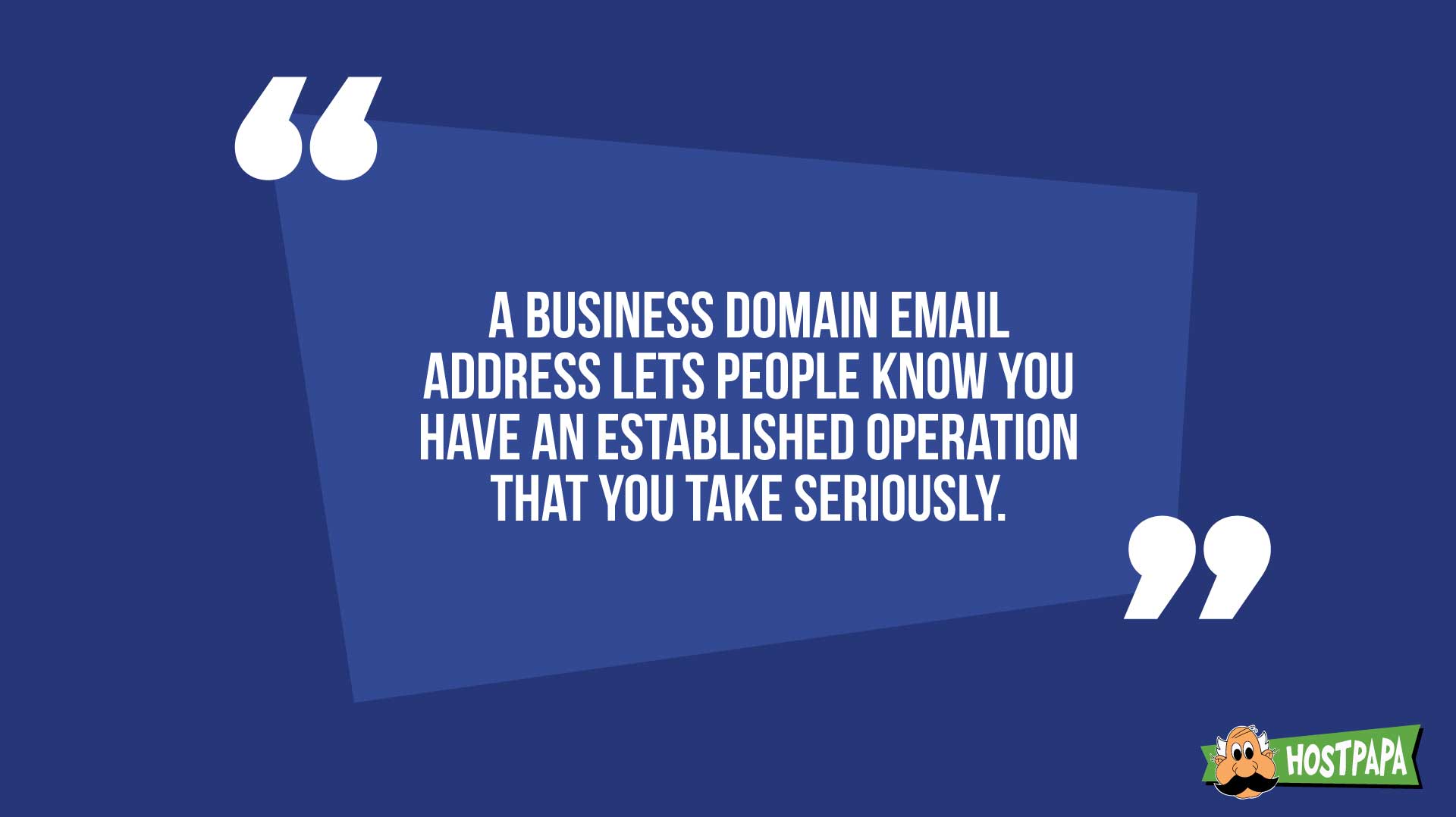In today's digital age, a strong online presence is crucial for small businesses to succeed. A well-chosen domain name and reliable email hosting are fundamental components of a successful online strategy. This white paper explores the importance of domain names and email hosting, their impact on brand identity and business operations, and best practices for selecting and managing these essential digital assets.
White Paper: The Importance of Domain Names and Email Hosting for Small Businesses
Introduction
In today's digital age, a strong online presence is crucial for small businesses to succeed. A well-chosen domain name and reliable email hosting are fundamental components of a successful online strategy. This white paper explores the importance of domain names and email hosting, their impact on brand identity and business operations, and best practices for selecting and managing these essential digital assets.
The Role of Domain Names
A domain name is a unique identifier for a website or web application. It serves as the online address of your business and plays a significant role in establishing your brand identity.
Key Benefits of a Domain Name:
- Brand Identity: A domain name helps to establish and reinforce your brand identity.
- Professionalism: A custom domain name makes your business appear more professional and credible.
- Website Accessibility: A domain name makes your website easy to find and remember.
- Marketing and Branding: A well-chosen domain name can improve your search engine optimization (SEO) and marketing efforts.
Best Practices for Choosing a Domain Name:
- Keep it Simple: Choose a domain name that is easy to remember and spell.
- Use Keywords: Incorporate relevant keywords to improve search engine visibility.
- Avoid Hyphens and Numbers: These can make your domain name harder to remember.
- Consider Future Growth: Choose a domain name that can accommodate future growth and expansion.
The Importance of Email Hosting
Email hosting is a service that allows you to have a professional email address with your domain name. It provides a reliable and secure way to communicate with customers, partners, and employees.
Key Benefits of Email Hosting:
- Professional Image: A professional email address with your domain name enhances your credibility.
- Improved Communication: Centralized email management and collaboration tools.
- Security and Reliability: Robust security measures to protect your email accounts.
- Scalability: Easily scale your email storage and bandwidth as your business grows.
Choosing an Email Hosting Provider
When selecting an email hosting provider, consider the following factors:
- Reliability: Choose a provider with a proven track record of uptime and reliability.
- Security: Look for strong security measures to protect your email accounts from spam and hacking.
- Storage and Bandwidth: Ensure that the provider offers sufficient storage and bandwidth for your needs.
- Customer Support: Good customer support is essential for resolving issues promptly.
- Additional Features: Consider features like spam filtering, virus scanning, and calendar integration.
Use Cases
Here are some practical use cases for domain names and email hosting:
- E-commerce Businesses: Use a domain name to create a professional online store and communicate with customers.
- Freelancers and Consultants: Establish a professional online presence and communicate with clients.
- Small Businesses and Startups: Create a branded email address to improve customer trust and brand recognition.
- Non-Profit Organizations: Use email to communicate with donors, volunteers, and members.
Conclusion
A domain name and email hosting are essential tools for any small business. By investing in a well-chosen domain name and reliable email hosting, you can enhance your brand identity, improve communication, and drive business growth. By following the best practices outlined in this white paper, you can make informed decisions and maximize the benefits of these digital assets.
References:
- GoDaddy: A leading domain registrar and web hosting provider.
- Bluehost: A popular web hosting provider for small businesses.
- Google Workspace: A comprehensive suite of cloud-based productivity tools, including email.
- Microsoft 365: A cloud-based productivity suite that includes email, word processing, and spreadsheet applications.
- Small Business Administration (SBA): A U.S. government agency that provides support and resources for small businesses.
